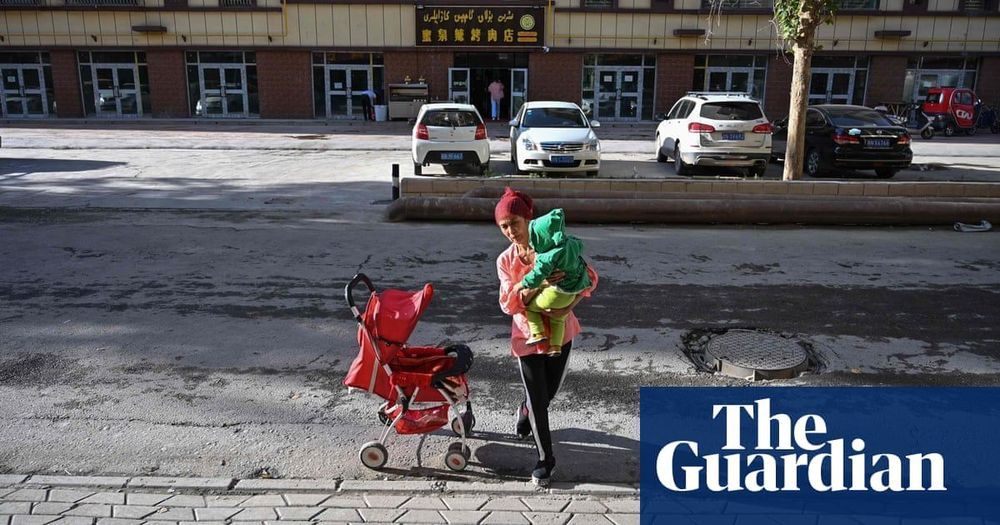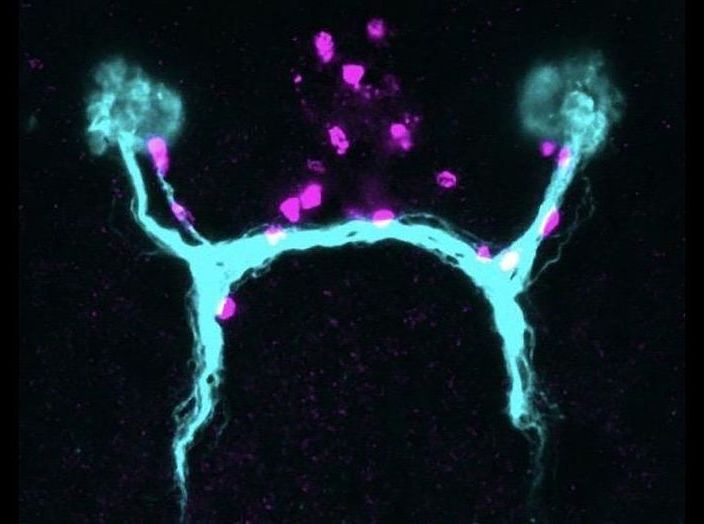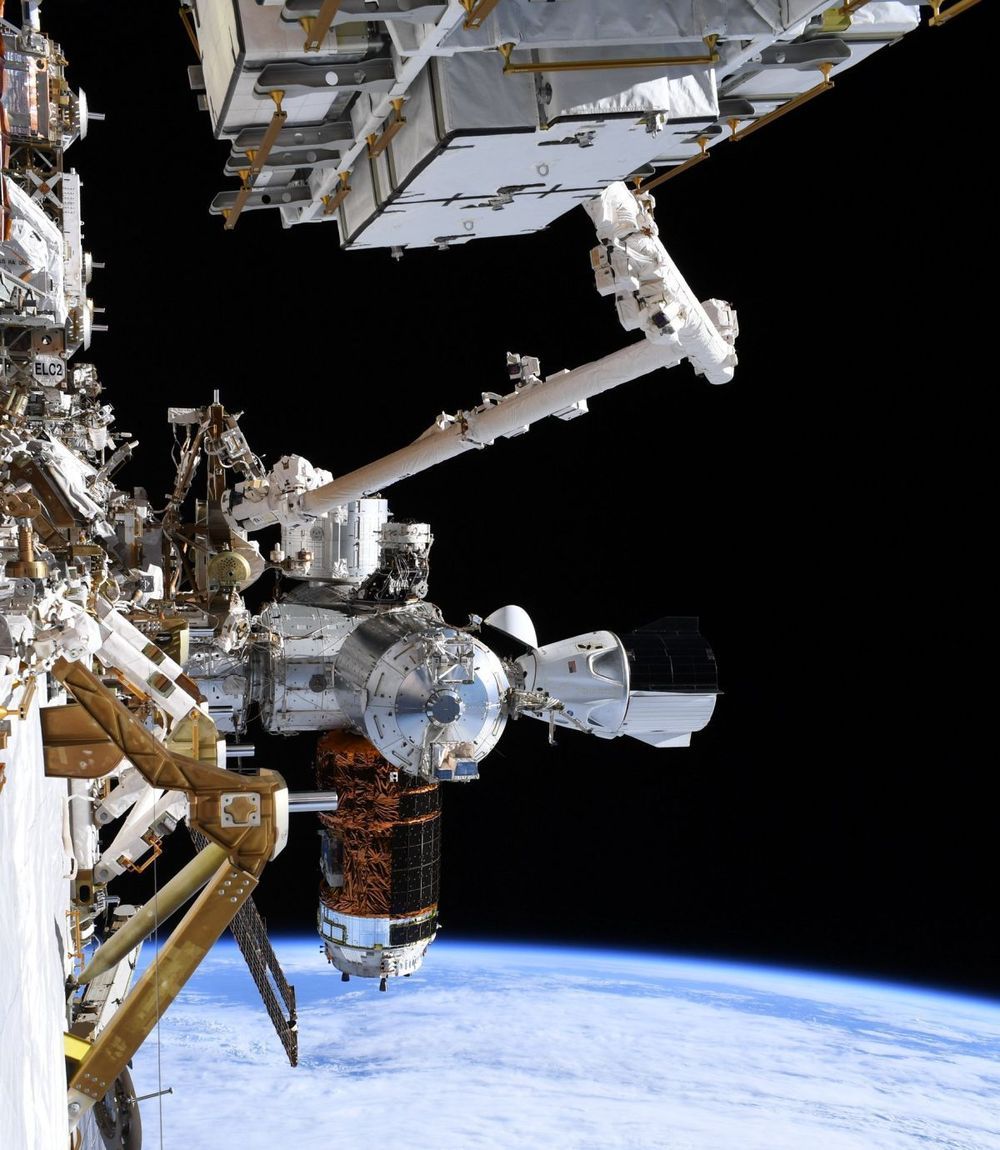o.o
Uighurs are among those facing involuntary contraception or threats over birth quotas.


A team of researchers simulated conditions on water-rich exoplanets in the laboratory and learned something surprising about their geological composition.
Out beyond our solar system, visible only as the smallest dot in space with even the most powerful telescopes, other worlds exist. Many of these worlds, astronomers have discovered, may be much larger than Earth and completely covered in water — basically ocean planets with no protruding land masses. What kind of life could develop on such a world? Could a habitat like this even support life?
A team of researchers led by Arizona State University (ASU) recently set out to investigate those questions. And since they couldn’t travel to distant exoplanets to take samples, they decided to recreate the conditions of those water worlds in the laboratory. In this case, that laboratory was the Advanced Photon Source (APS), a U.S. Department of Energy (DOE) Office of Science User Facility at the DOEs Argonne National Laboratory.


Chesky predicted that vacationers will stay closer to home in the future, largely limiting their travel to places within driving distance, with national parks becoming even more popular destinations.
“I think you’re going to start to see travel becoming more intimate, more local, to smaller communities,” he said, citing Airbnb data that shows travel within countries is recovering to normal levels. But its international business is still being hit hard. “People are not getting on airplanes, they’re not crossing borders, they’re not meaningfully traveling to cities, they’re not traveling for business.”

NASA astronauts got a “pretty awesome” view of SpaceX’s Crew Dragon vehicle docked with the International Space Station during a spacewalk on Friday (June 29).
Astronauts Chris Cassidy and Bob Behnken got the view of a lifetime when they stepped outside the space station to replace the outpost’s old solar array batteries. The star of that view was Endeavour, the SpaceX Crew Dragon spacecraft that delivered Behnken and his fellow NASA astronaut Doug Hurley to the station May 30 on their Demo-2 mission.
Dr. Charles Forsberg observes technological overlap between Molten-Salt Reactor (fission) development and Fusion Reactors due to manufacturing breakthrough of Rare-Earth Barium Copper Oxide (REBCO) Superconducting Magnets onto steel tape.
REBCO superconducting tape enables doubling magnetic fields.
Size of magnetic fusion system for any given power output varies as one over the fourth power of the magnetic field. Higher magnetic fields can shrink fusion system size by an order of magnitude, power density in the fusion blanket increases by an order of magnitude.
Higher power densities in the blanket make it difficult to cool solid blankets. High magnetic fields create large incentives to have a coolant with low electrical conductivity to avoid coolant/magnetic field interactions.
REBCO Fusion Favors a Molten-Salt (particularly FLiBe Salt) Blanket.
Why Flibe (Li2BeF4) Salt?



